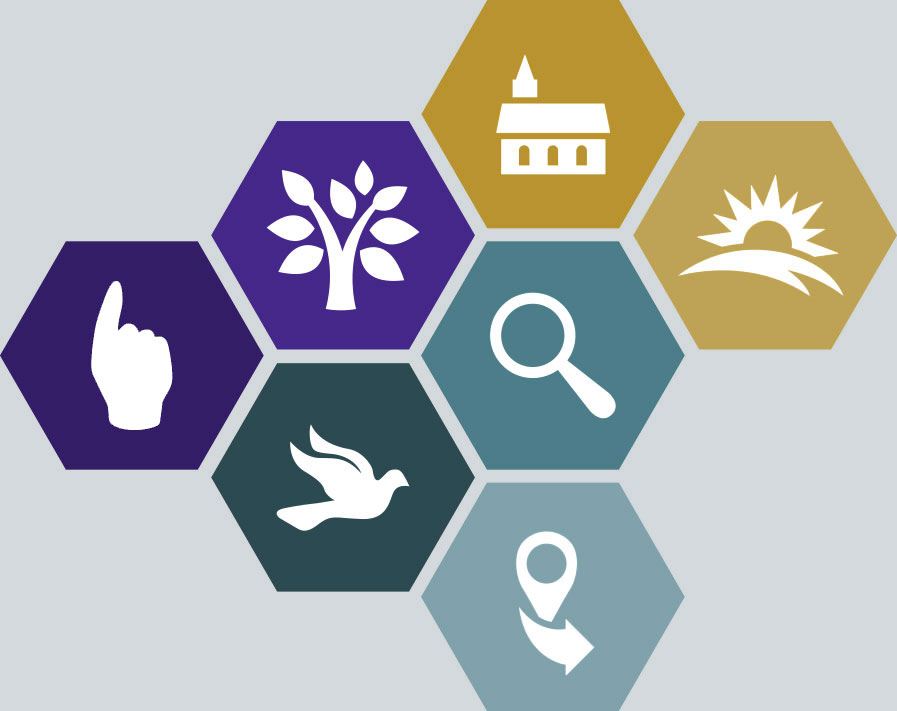Focusing on the Vulnerable
Helping People Get Unstuck: Restoring Hope

Helping People Get Unstuck: Restoring Hope
Those experiencing long-term vulnerability (rather than an unexpected calamity like a fire or flood) are trapped there by wrong beliefs—their own, the society’s, and even ours. If we are to help people get unstuck, we must, like a good doctor, look beyond the symptoms of poverty (lack of physical resources) and seek to address the root causes. In this article we will focus on one of the root causes of poverty: hopelessness.
Why Are People Hopeless?
Most families and communities who are stuck in poverty have little hope that their lives could change. They’ve never known a different reality. They believe poverty is their destiny, and their children’s destiny too. Often they’ve put their hope in government or NGO projects in the past, only to be disappointed when not much changed. They feel defeated. Why go to all the effort of trying something new when there’s no hope for a better life?
Restoring Hope
And yet as outsiders we can bring hope. At trainings, our organization shares stories of communities that have transformed with no outside resources. When participants hear the stories, see pictures, and realize that the people were similarly poor to themselves, they usually ask, “Do you think that could happen here?” We always respond by reminding them that the same God who helped those villages is ready and able to help them. Their eyes light up. Hope for a different future is restored.
This story illustrates three ways we can help restore hope:
- Point people to God – We need to be careful not to fall into old patterns of encouraging people to hope in us, our organizations, our donors, or our programs. We know how easily and frequently these things can fail. It’s equally unhelpful to encourage self-reliance, where we’re teaching people to hope in their own abilities. God alone is the source of true hope. He is the one that can multiply their efforts. He is the one who can save them from oppressive governments. He is the one who promises to give food to the hungry. The hope of those who are stuck isn’t in us or things but in God.
Psalm 146:5-7: “Blessed are those whose help is the God of Jacob, whose hope is in the Lord their God. He is the maker of heaven and earth, the sea, and everything in them—He remains faithful forever. He upholds the cause of the oppressed and gives food to the hungry.”
- Share testimonies and stories – When people hear stories of those who are similar to themselves and have experienced change, it gives hope. For many living in the poorest communities, they have never seen a community change and have no idea that it is possible. As we collect and share stories we give back hope.
- Manage our own actions and words – We have all had times when we arrived in a situation and have been overwhelmed by need. It’s easy to look at corruption, or people living in the midst of a desert, and lose hope. And yet we must remember that God is not limited to fertile land and easy governments—He turns up in the most remarkable ways in the most oppressive of situations. We also need to believe that those we are working with can, with God’s help, be agents of change in their communities.
Even in seemingly desperate circumstances—where poverty has been a way of life for generations—we need to be careful about providing handouts. These activities can quickly communicate that we don’t believe the people we are working with are truly able, but rather are dependent on others.
We need to take an honest look at our actions and be willing to question our beliefs. Whenever we are presented with an apparent need or opportunity for ministry, we need to ask ourselves:
- Do I believe that these people can be used by God to bring change to their community?
- How do the things I am planning to do reflect that truth?
- Am I pointing to myself, to my program, or to God as the source of hope and transformation?
- Do my actions affirm the potential that God has put in people, or rob them of the opportunity to see and develop that potential?
(The booklet Mobilizing Local Resources addresses this topic much more deeply, exploring why this is so important and how to give well.)
We must point people to God with both our words and actions. He is worthy of our hope. He is powerful to bring change and faithful to His promises. Vulnerable people can hope in Him because He can and does heal, restore, and transform.



